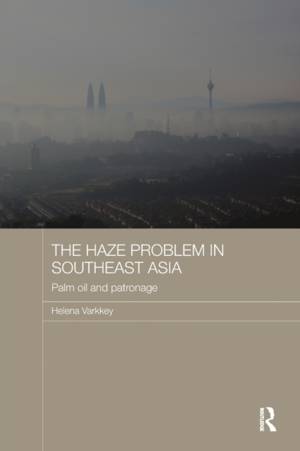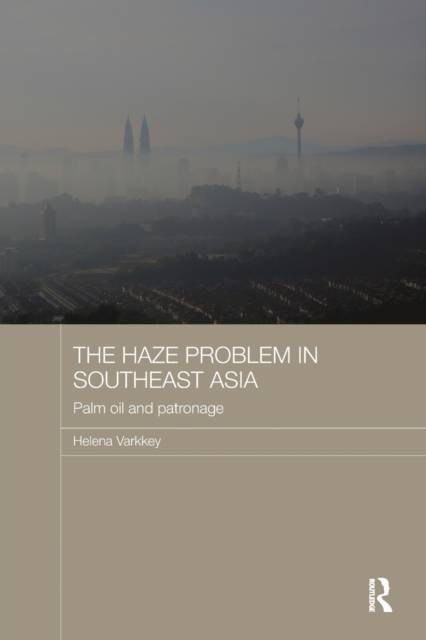
- Retrait gratuit dans votre magasin Club
- 7.000.000 titres dans notre catalogue
- Payer en toute sécurité
- Toujours un magasin près de chez vous
- Retrait gratuit dans votre magasin Club
- 7.000.0000 titres dans notre catalogue
- Payer en toute sécurité
- Toujours un magasin près de chez vous
Description
Despite the efforts of Southeast Asian governments and of ASEAN, transboundary haze continues to be a major environmental problem in Southeast Asia. This book demonstrates that the issue is complex, and explains why efforts to solve the problem in purely political terms are ineffective, and likely to continue to be ineffective. The book shows how state-led, state-incentivised agribusiness development lies at the heart of the problem, leading to a large rise in palm oil production, with extensive clearing of forests, leading to deliberate or accidental fires and the resulting haze. Moreover, although the forest clearing is occurring in Indonesia, many of the companies involved are Malaysian and Singaporean; and, further, many of these companies have close relationships with the politicians and officials responsible for addressing the problem and who thereby have a conflict of interest. The author concludes by discussing the huge difficulties involved in overturning this system of 'patronage politics'.
Spécifications
Parties prenantes
- Auteur(s) :
- Editeur:
Contenu
- Nombre de pages :
- 244
- Langue:
- Anglais
- Collection :
Caractéristiques
- EAN:
- 9780815355113
- Date de parution :
- 03-01-18
- Format:
- Livre broché
- Format numérique:
- Trade paperback (VS)
- Dimensions :
- 156 mm x 234 mm
- Poids :
- 349 g

Les avis
Nous publions uniquement les avis qui respectent les conditions requises. Consultez nos conditions pour les avis.






